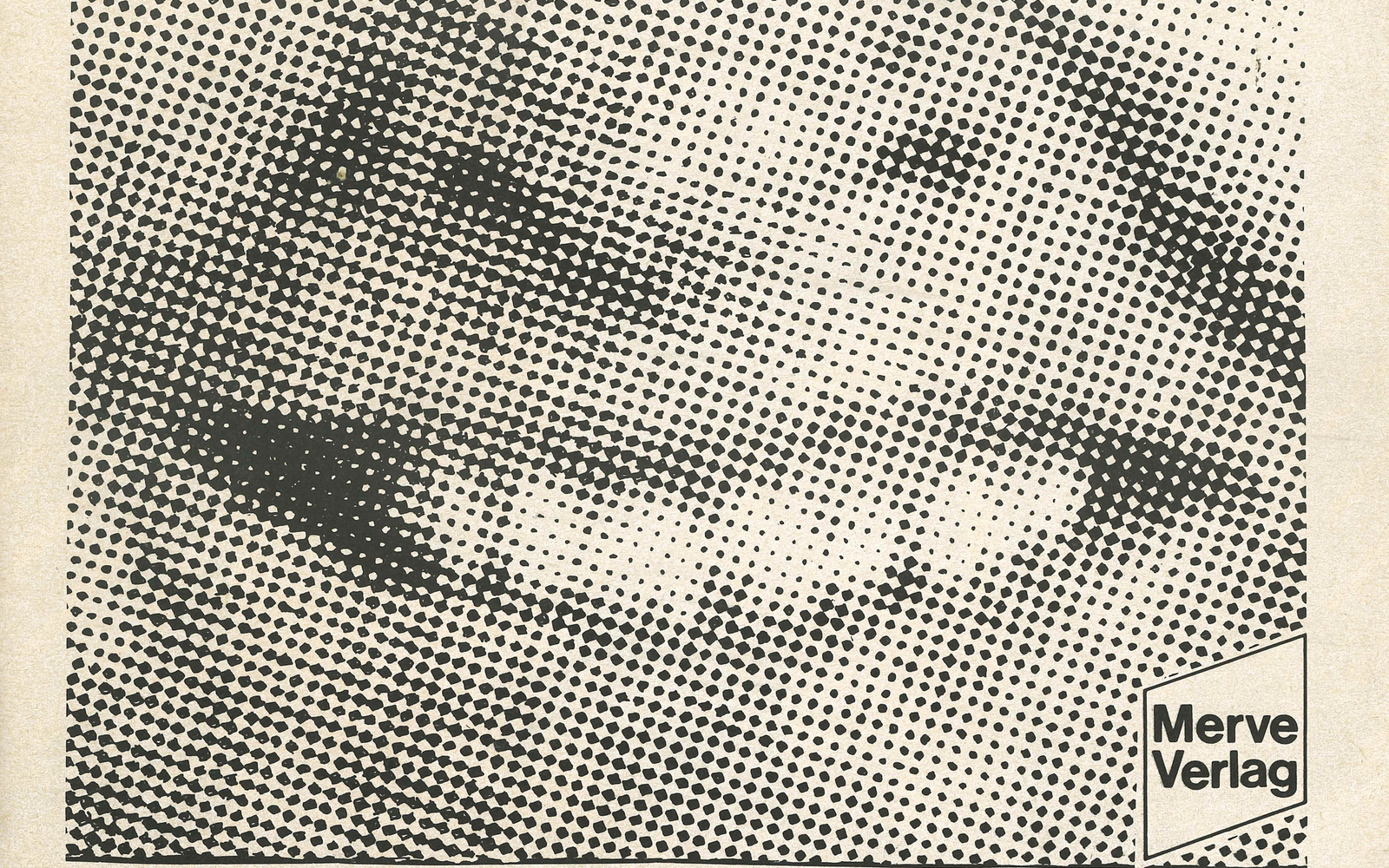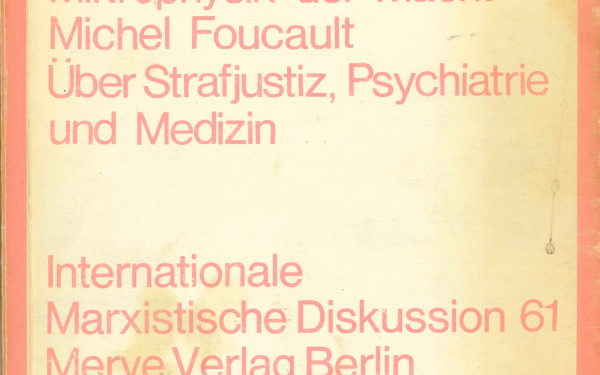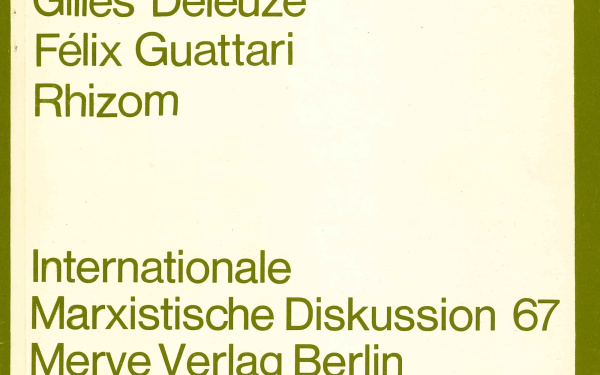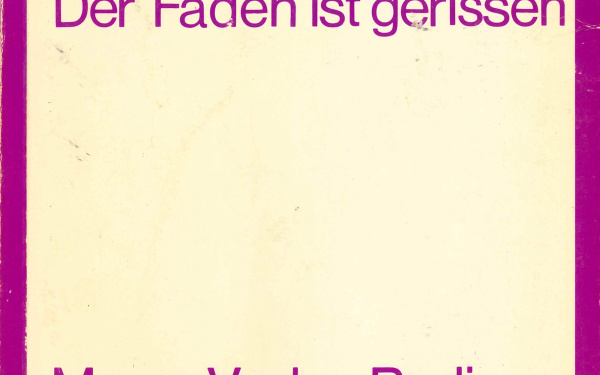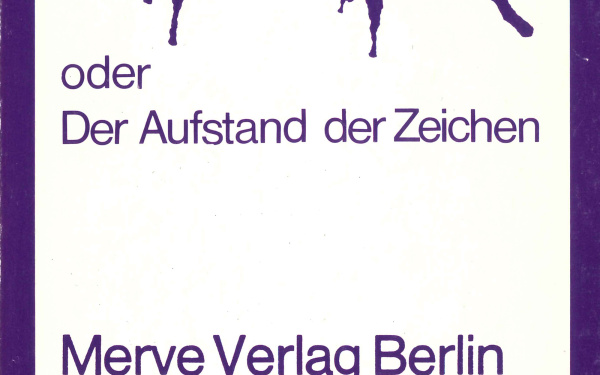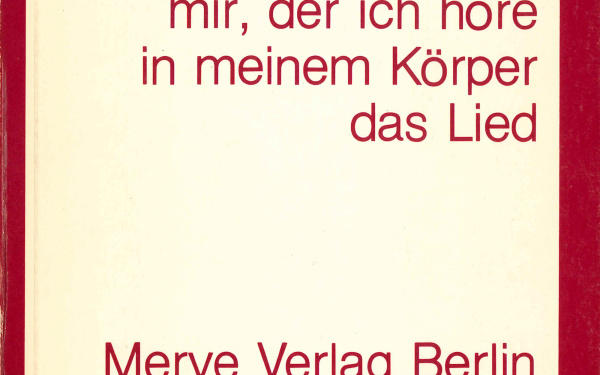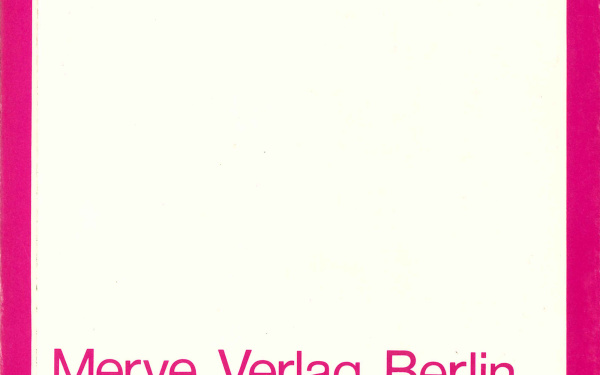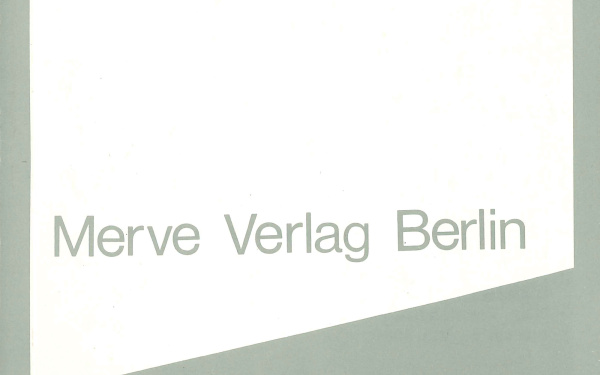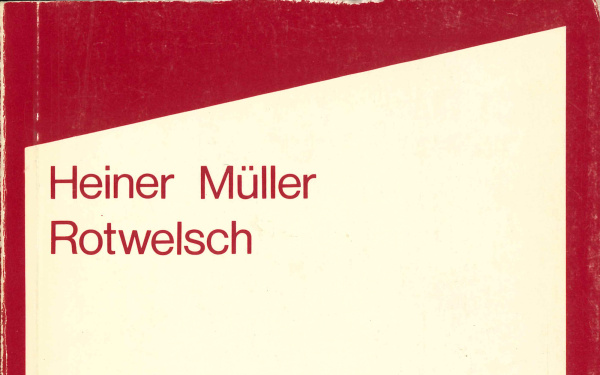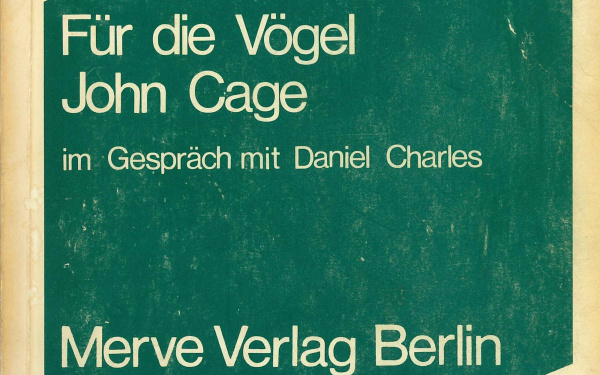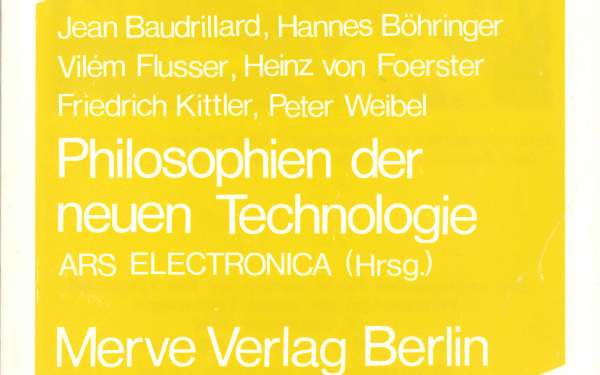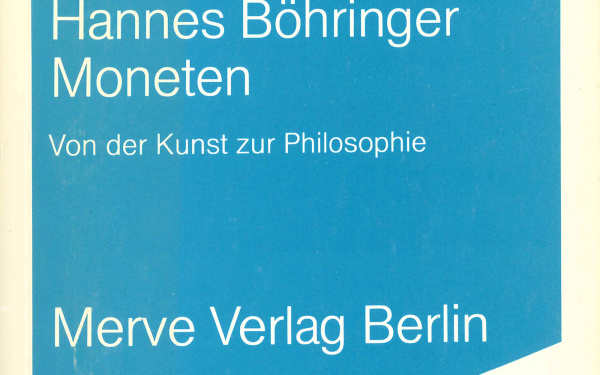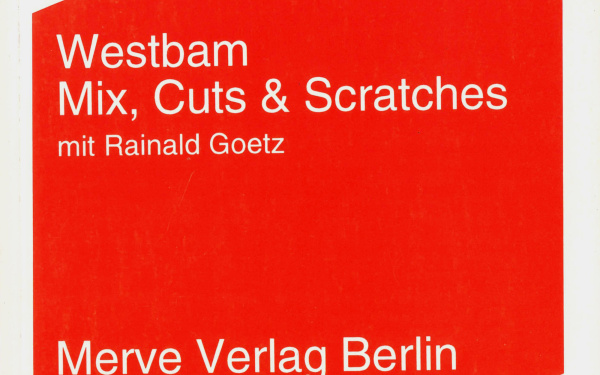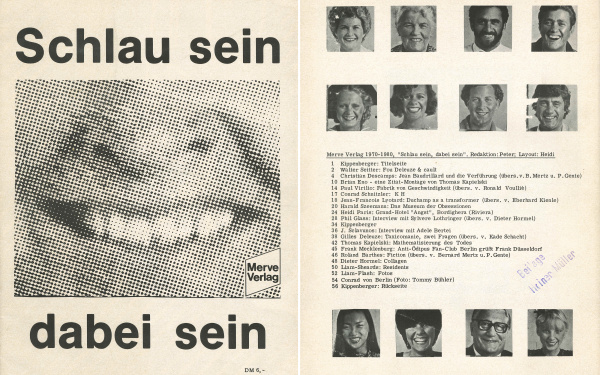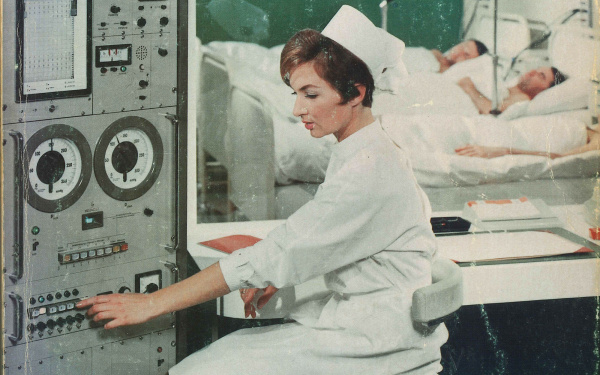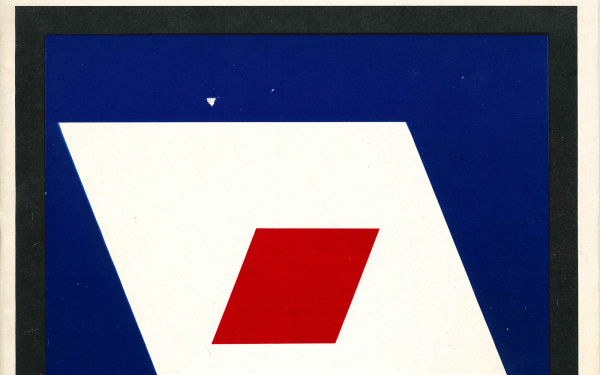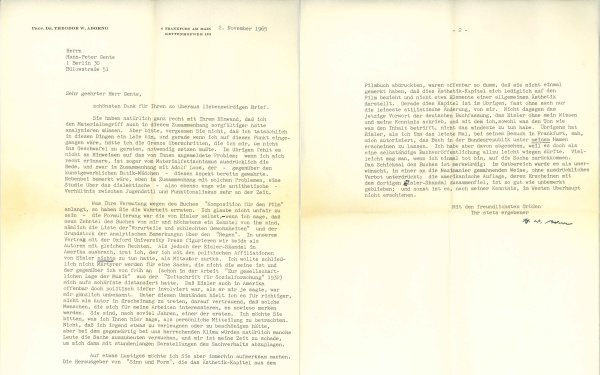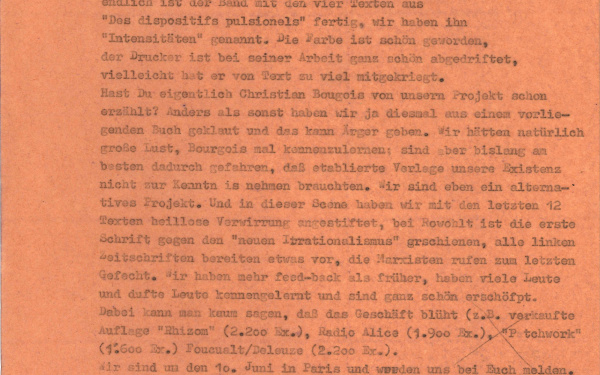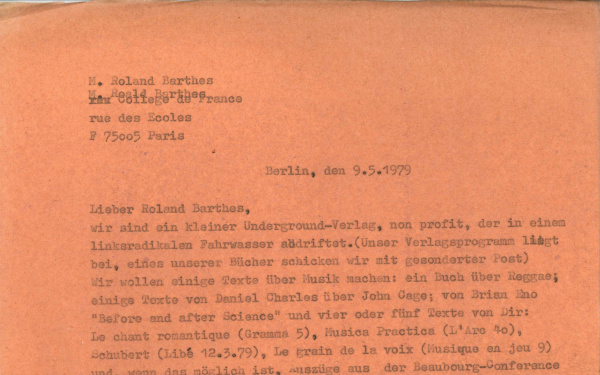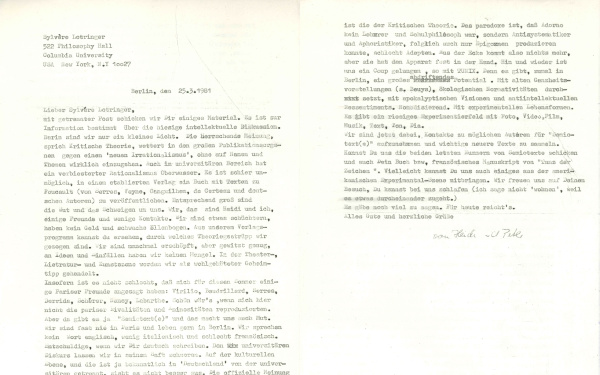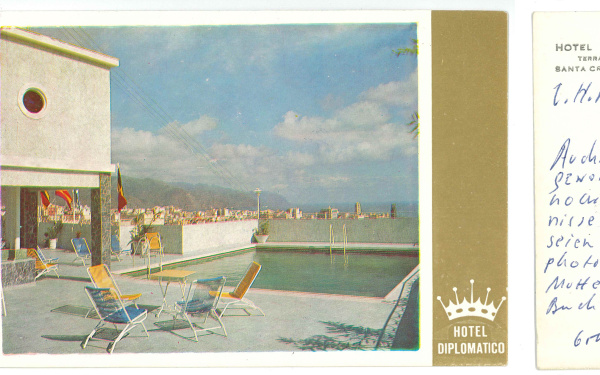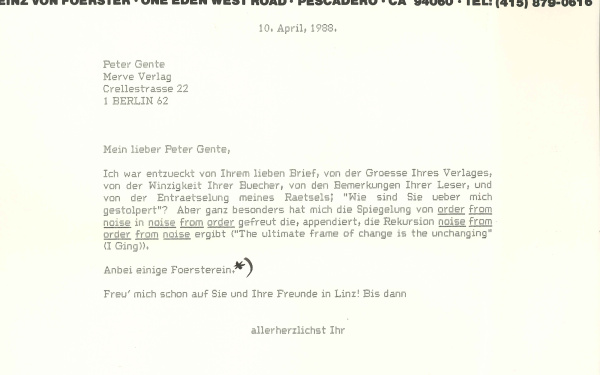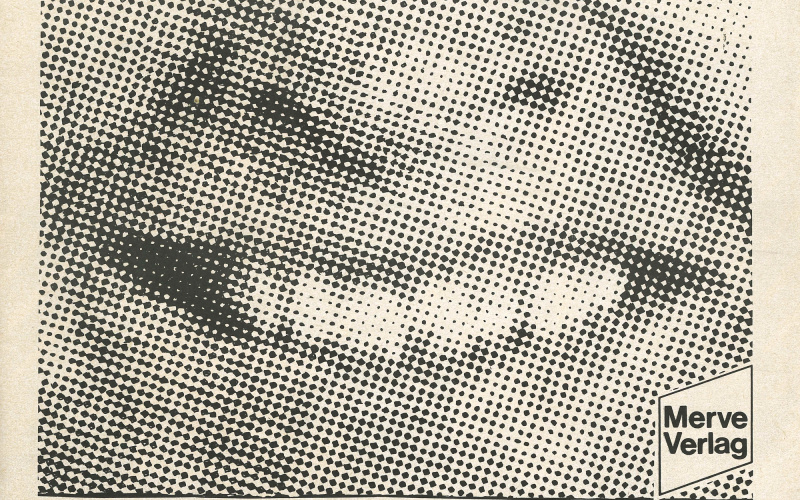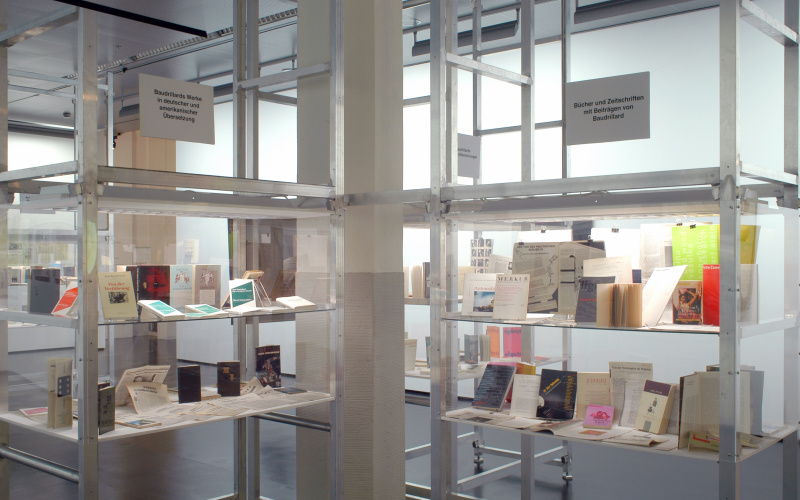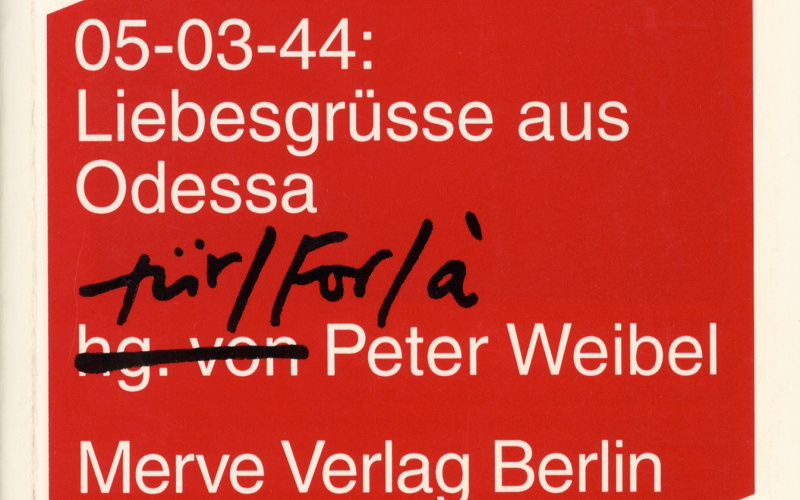Merve Verlag
“We are a small underground publishing house, non-profit. We want to be a small publishing house, inconspicuous and off-key, because we really enjoy it. Pink greetings.”
Letter from Heidi Paris and Peter Gente to Roland Barthes on May 9, 1979. ZKM | Archive, ZKM-01-0046-02-0007.
Peter Gente, Merve Lowien, Rüdiger Möllering and Michael Kwiatkowski founded the Merve Verlag in West Berlin in 1970. Wolfgang Hagen joined them shortly afterwards. In the decades that followed, the project, which was started as a neo-Marxist collective, went through many phases of development: Initially striving to revive German cadermarxism through impulses from France and Italy, the publishing house published texts by the Italian collectives Il Manifesto, Lotta Continua and Potere Operaio, but also by authors such as Louis Althusser, Jacques Rancière, and many others.
When the publishing house changed from a collective to a two-person operation in 1974, the management duo Heidi Paris and Peter Gente bid farewell to Marxist theories and, on Paris' initiative, sought contact with the poststructuralist theorists of France. Jean-François Lyotard's 1977 publication »Patchwork der Minderheiten« (patchwork of minorities) sealed the turning point in publishing policy. The focus was no longer on the major power structures and political struggles, but rather on power-political tactics of social minorities that asserted themselves outside the center. The collective potential of these small struggles was now of interest. The format of the books adapted to this content and shrank to the DIN B6 format that had been maintained ever since. While all the books had previously been published in the »Internationale Marxistische Diskussion« series, they now came out in the »Internationaler Merve Diskurs« and became more colourful.
“The color has turned out beautifully, the printer has drifted off quite a bit in his work, perhaps he caught too much of the text.”
Letter from Heidi Paris and Peter Gente to Jean-François Lyotard on June 1, 1978 on the occasion of the publication of »Intensities«. ZKM | Archive, ZKM-01-0046-02-0203.
Through its authors, the small publishing house began to significantly determine the discourse in West Berlin. The cultural historian Philipp Felsch goes so far in his publishing history as to call the 1980s the »Merve Epoch«. As soon as 1980, Martin Kippenberger's »Frauen« (Women) broke with the publisher's previous political appearance: the “loot gallery of a notorious macho”, as Felsch calls the illustrated book, no longer advocated the class struggle, like the books initially published by the collective, or the so-called small-scale struggles of women, gays, prisoners, and other social minorities, as had increasingly been the case under the influence of Heidi Paris. Art, music and aesthetic theory increasingly moved to the centre of the Paris-Gente universe. There had been close cooperation and lively exchange with Sylvère Lothringer and his publishing house »Semiotext(e)« since 1979. The thoughts and theories of Jean Baudrillard and Paul Virilio have also had a decisive influence on Merve and his readers since the late 1970s and beyond.
With the turn of the millennium, West Berlin and Schöneberg, which had been an important party and living space for Gente and Paris, changed. Among others, documenta X 1997 and the techno music scene became the field of influence for the publishing house. In 1991, Gente and Paris added Slavoj Žiźek to their programme with »Liebe dein Symptom wie Dich selbst!« (Love your symptom lie yourself.)The following year they published the only book to date that broke with the established format and appearance: Gilles Deleuzes and Félix Guattari's »Tausend Plateaus. Kapitalismus und Schizophrenie« (A thousand plateaus. Capitalism and schizophrenia). Art theory remained central in this decade: in 1995, »In der weißen Zelle. Inside the White Cube«, the first German translation of the seminal essay by Brian O'Doherty. In 1997, writer Rainald Goetz and DJ Westbam published »Mix, Cuts & Scratches«. And at the end of the decade, Tom Lamberty made his first appearance as editor. Together with Frank Wulf, he published four books until 2006, the estate of the author and philosopher QRTs.
When Heidi Paris committed suicide in 2002, Tom Lamberty joined the publishing house. Peter Gente slowly withdrew from the business. In 2006 he handed over the publishing house's archive to the ZKM | Center for Art and Media Karlsruhe and emigrated to Thailand one year later. Tom Lamberty moved the publishing house to Leipzig in 2017.
While the themes of the publishing house have changed and developed over the decades, the form of their publication has always remained the same: On the one hand, the publishing house adheres to the rhombus designed by Jochen Stankoswki for the cover design, while on the other hand there are (almost always) text fragments, excerpts, essays, interviews and (controversial) discussions, lectures and talks between the covers of the paperbacks.
In 2006, the Merve Archive was transferred to the ZKM holdings in a total of forty boxes. The publishing library alone contains 1,543 titles and extends over about 22 linear meters. Added to this are almost ten linear meters of archive materials. A focal point is the Ghent newspaper clippings collection, supplemented by notes from the publisher. In addition to some manuscripts and printed documents, correspondence is also preserved. Among others, the members of the publishing house often exchanged correspondence with Theodor W. Adorno, Roland Barthes, Dirk Baecker, Jean Baudrillard, Hannes Böhringer, Daniel Charles, Gilles Deleuze, Heinz von Foerster, Michel Foucault, Felix Guattari, Johannes Gachnang, Pierre Klossowski, Sylvère Lotringer, Jean-François Lyotard, Herbert Marcuse, Harald Szeemann, Walther Seitter and Paul Virilio. The minutes of meetings held between 1970 and 1972, donated by founding member Rüdiger Möllering, also provide an insight into this early phase of the Merve collective.
From 2002 to 2007, the ZKM | Center for Art and Media Karlsruhe organized four exhibitions with Merve Verlag as part of the exhibition and symposium series » Philosophy and the Arts«. For this, too, holdings can be found in the publisher's archive as well as in the institutional archive of the ZKM.
-
ZKM | Karlsruhe
Wissen – Collections, Archives & ResearchLorenzstraße 19
76135 Karlsruhe
Deutschland -
Contacts
ZKM | Archive
Tel: +49 (0) 721/8100-1967
E-Mail: sammlung-und-archive@zkm.deImage request
Tel: +49 (0) 721/8100-1967
E-Mail: bildanfragen@zkm.de
